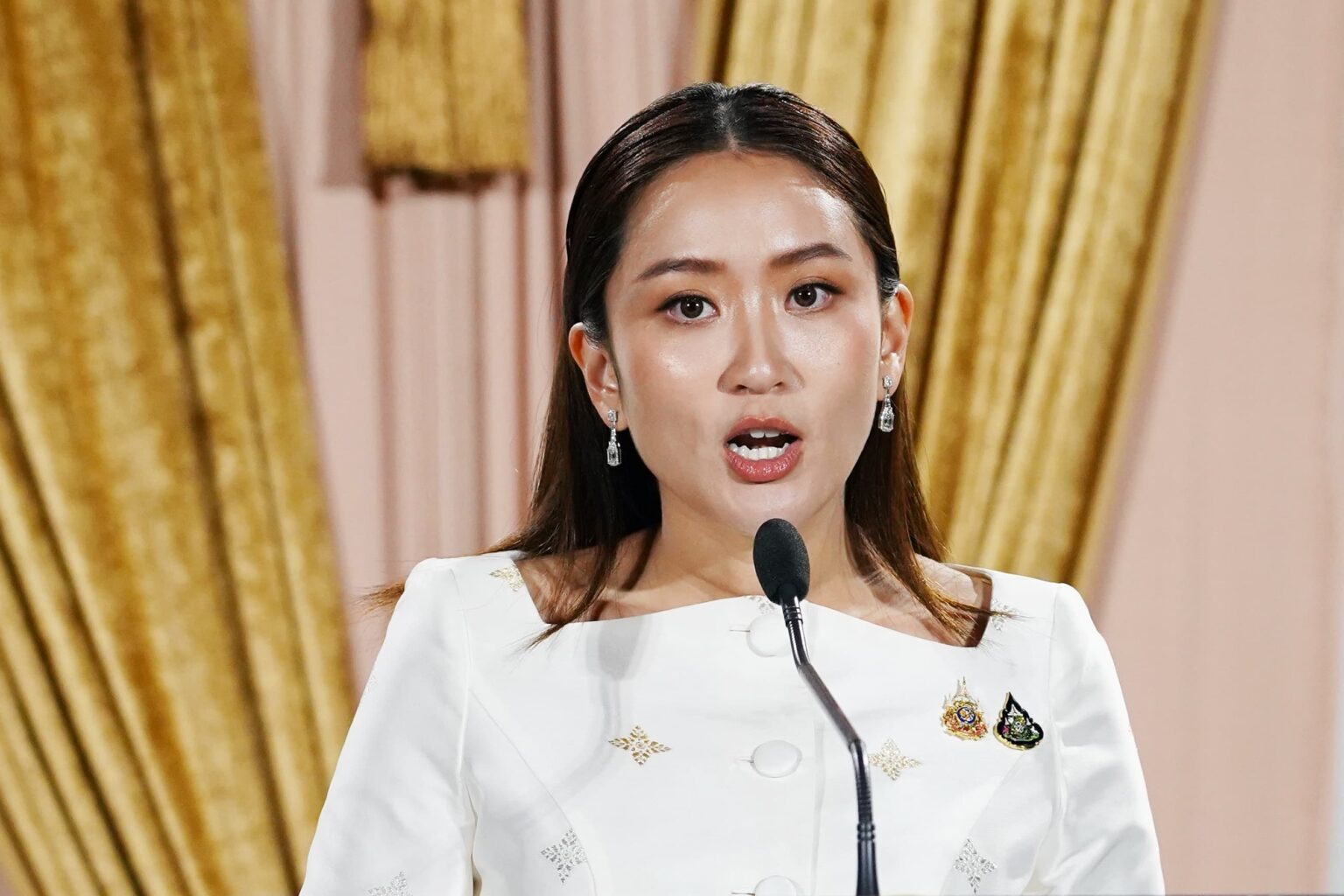Thailand’s Constitutional Court announced on July 1, 2025, the immediate suspension of Prime Minister Paetongtarn Shinawatra, effective as the court investigates allegations of ethical misconduct over a leaked phone call with Cambodia’s former leader, Hun Sen. The conversation, made public by Hun Sen, revealed Paetongtarn labeling Thailand’s military as “the opponent” and referring to Hun Sen as “uncle”—an informal gesture deemed overly deferential by critics.
The leaked call occurred amid rising tension from a May 28 border clash in which one Cambodian soldier died. In the call, Paetongtarn urged Hun Sen not to heed Thai military officials, which alarmed nationalist factions and drew accusations that she compromised Thailand’s sovereignty.
Coalition Cracks and Public Outcry
Intensity of the uproar grew when a major coalition member, the Bhumjaithai Party, withdrew its support on June 18, citing the audio leak as the catalyst. Tens of thousands of conservatives and royalist supporters poured into Bangkok’s streets in late June, demanding her resignation and signaling a significant erosion of political legitimacy.
Her approval ratings have tumbled; a late June poll showed her support plummeting to around 9% . Analysts warn that unless decisive action is taken—such as dissolving parliament or calling new elections—the crisis could further destabilize Thailand’s fragile political landscape.
Court Process and Interim Leadership
The court accepted a petition from 36 senators accusing Paetongtarn of dishonesty and breaching ethical codes under Thai constitutional law. She has 15 days to present her defense before the court reaches a verdict.
In her absence, Deputy Prime Minister Suriya Juangroongruangkit has taken over as acting prime minister, ensuring continuity in governance amid the turmoil. Meanwhile, Paetongtarn retains her role as culture minister—a dual appointment already under scrutiny for its legality.
Historical Echoes and Regional Implications
Paetongtarn’s suspension revives a familiar narrative: the Shinawatra political dynasty—formerly led by her father, Thaksin, and aunt, Yingluck—has repeatedly clashed with Thailand’s conservative-military establishment. Both prior governments ended with judicial intervention or military coups. The current legal challenge eerily mirrors those episodes, placing her tenure on a perilous path .
Internationally, the incident also intensifies Thailand–Cambodia ties. The border skirmish and Paetongtarn’s diplomatic approach, hinged on persuasion over confrontation, have reignited longstanding sovereignty debates. Hun Sen’s decision to release the full recording on social media, doubling down by sharing it with dozens of Cambodian officials, underscores the regional diplomatic strain.
Looking Ahead
With the Constitutional Court’s verdict pending, the coming weeks will determine whether Paetongtarn resumes her premiership or faces permanent removal. The political crisis unfolds amid other challenges—declining stock markets, economic pressures related to U.S. tariffs, and growing public and institutional distrust.
Observers caution that unless structural democratic reforms curb the influence of unelected institutions, Thailand may continue its cycle of elected leaders being ousted through non-electoral means.


